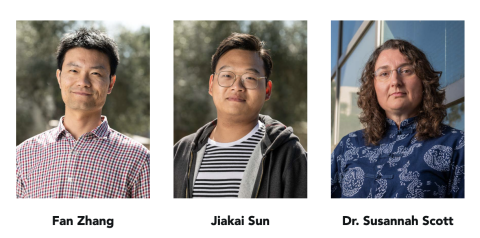
Researchers develop an efficient, low-energy method for upcycling plastic waste into valuable molecules, creating a second life for waste plastics.
UCSB researchers have discovered a new catalytic route to transform waste plastic to valuable products via tandem hydrogenolysis/aromatization. Compared with conventional methods that require high temperatures (between 500 and 1000°C) to break down the polymer chains into smaller hydrocarbon molecules, the newly developed method converts polyethylene under relatively mild conditions (ca. 300°C) over a platinum on alumina (Pt/Al2O3) catalyst without the need for added hydrogen or solvent. Hydrogen generated in the reaction from aromatization serves to cut the polymer chains, making the overall transformation thermodynamically accessible despite the moderate reaction temperature. As a result, long-chain alkylaromatics are formed in high yields directly from waste hydrocarbon polymers. These products are widely used in solvents, paints, lubricants, detergents, pharmaceuticals, and many other industrial and consumer products.